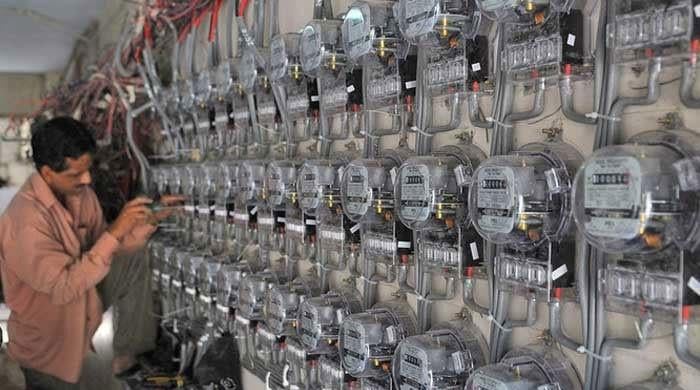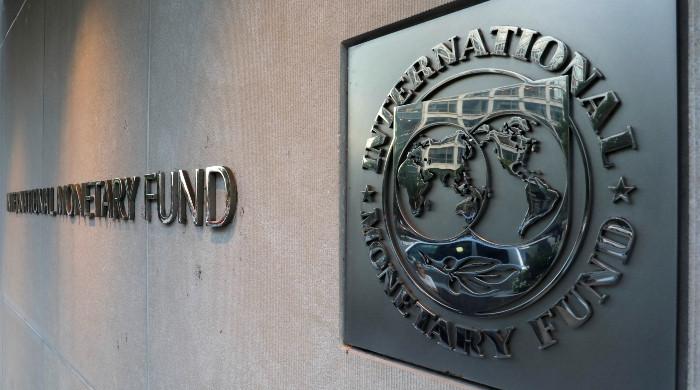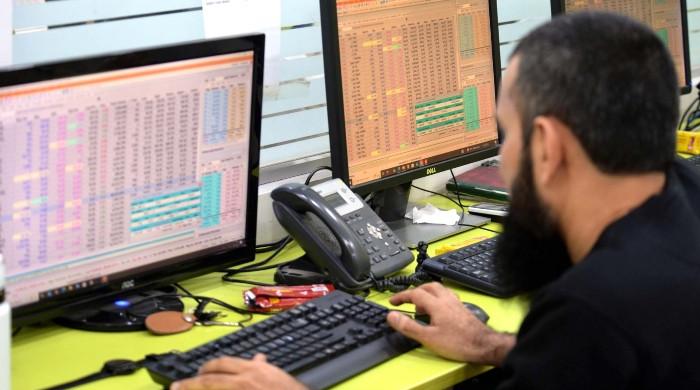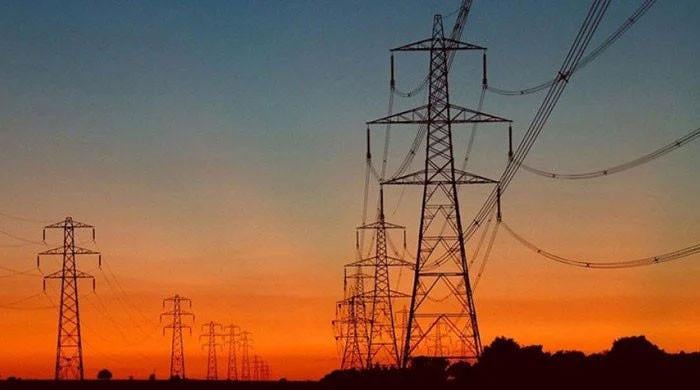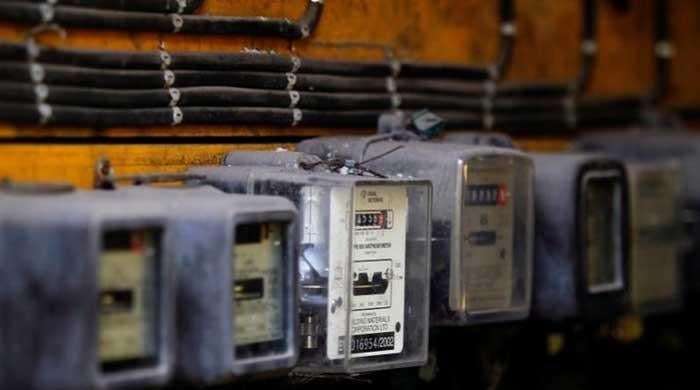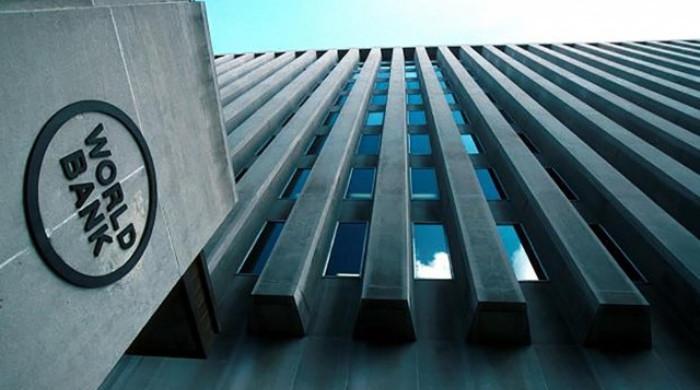Why tech layoffs raged after COVID-19? Here are Mark Zuckerberg's two cents
E-commerce sales surged, boosting online advertising during COVID-19 but it dropped post-pandemic
February 17, 2024
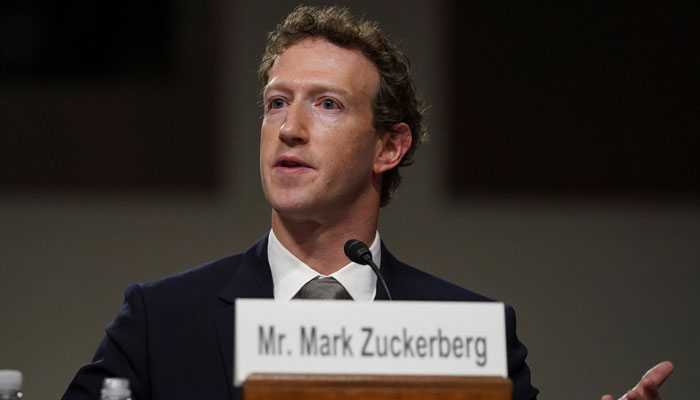
Meta CEO Mark Zuckerberg has recently shared a theory suggesting that tech layoffs are not slowing down as companies recognise the benefits of being "leaner" despite the pain.
In an interview with Morning Brew Daily's podcast, Zuckerberg discussed the post-pandemic era which has brought about waves of layoffs across leading tech companies, Business Insider reported.
During the pandemic, e-commerce sales surged, boosting online advertising. However, as people returned to stores and the economy adjusted, sales declined and ad rates dropped.
Companies, including Meta, realised they overhired and had to make significant cuts, marking the first wave of layoffs.
"In terms of the layoffs and stuff like that, I actually think that was more due to companies trying to navigate Covid," Zuckerberg said in the interview when asked if tech layoffs had to do with the artificial intelligence (AI) boom.
He said that tech companies are no longer shrinking their employee size due to overhiring because they recognise that being leaner doesn't necessarily mean the end.
"It was obviously really tough, we parted with a lot of talented people we cared about," Zuckerberg said in the interview, speaking specifically about Meta's past layoffs. "But in some ways actually becoming leaner kind of makes the company more effective."
Meta has been making a comeback since a series of staff cuts — as part of Zuckerberg's "year of efficiency" — with its stock at an all-time high. This efficiency drive involves reducing management layers, including Instagram's elimination of technical program managers, and reducing roles across Meta.
Zuckerberg stated that companies are currently focused on efficiency, with many considering restructuring, flattening management levels, and transitioning to a leaner model.
Microsoft and Google have been downsizing despite strong earnings, while Amazon CEOs have announced plans to restructure and invest in AI.
However, Zuckerberg disagrees that AI is a significant factor in the company's downsizing.
"At least for us, the AI stuff was not a major driver for that," the CEO said. "It was like first this overbuilding and then this sense of like let's do the best work we can by making a lean company."




